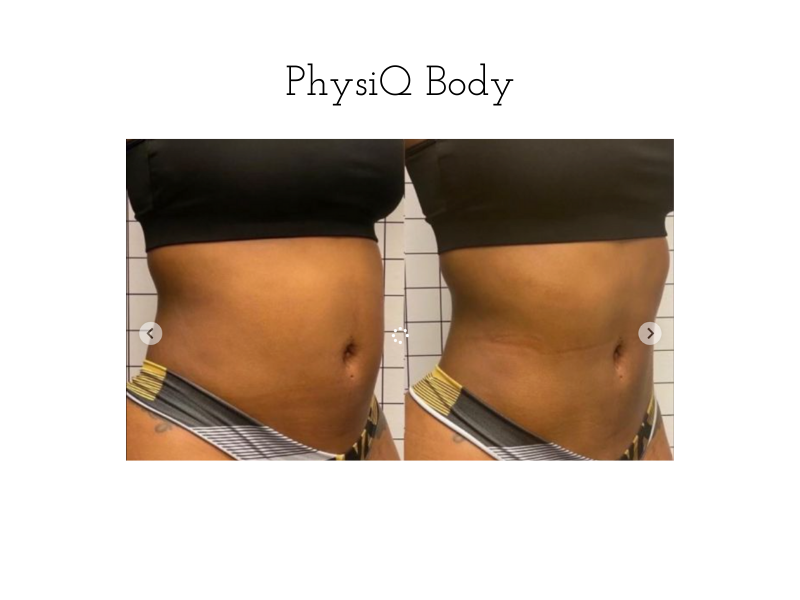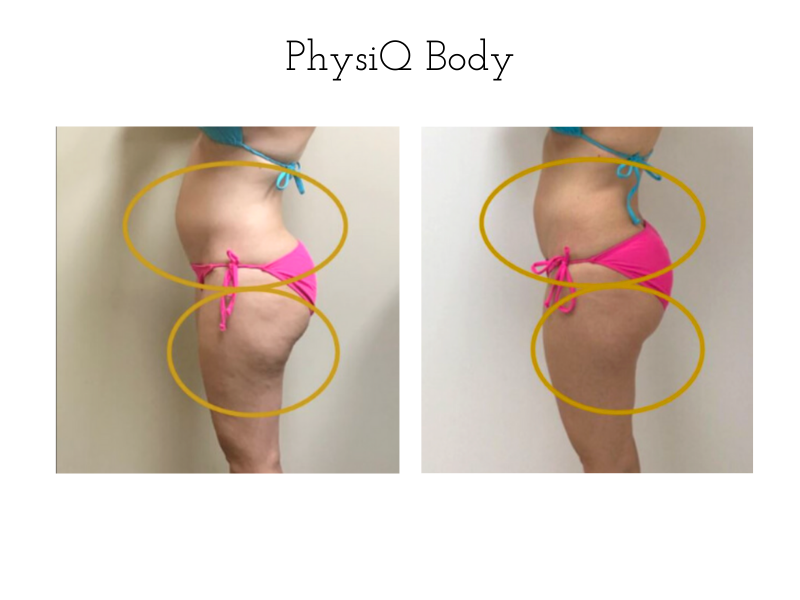Body Composition
body composition & Aging well.
Body composition refers to the proportions of different components that make up a person’s body, primarily focusing on the relative amounts of fat, lean tissue (muscles, bones, organs), water, and other substances. It provides valuable insights into the distribution of these components and is an important indicator of overall health and fitness. Changes in body composition occur naturally as we age due to various factors.
In youth and early adulthood, individuals typically have a higher proportion of lean body mass, which includes muscles and bone mass. As we age, however, several changes take place in body composition:
what happens to our body comosition as we age:
Loss of Muscle Mass (Sarcopenia): One of the most notable changes is the gradual loss of muscle mass, known as sarcopenia. This usually begins around the age of 30 and accelerates after the age of 50. Sarcopenia can lead to decreased strength, reduced functional capacity, and an increased risk of falls and fractures.
Increase in Body Fat: With age, there’s often a shift in body composition towards an increased percentage of body fat. This change is more pronounced in women due to hormonal fluctuations associated with menopause. Increased body fat can contribute to various health issues, including obesity-related conditions such as diabetes, cardiovascular diseases, and joint problems.
Changes in Bone Density: Bone density tends to decrease as we age, especially in women after menopause due to hormonal changes. This can result in a higher risk of osteoporosis and fractures.
Alterations in Water Content: The body’s water content may decrease with age, leading to decreased hydration levels. This can impact various bodily functions, including digestion, temperature regulation, and overall cellular activity.
Metabolic Rate Changes: Metabolism tends to slow down with age, leading to a decrease in the body’s energy expenditure. This can make weight management more challenging.
Connective Tissue Changes: Connective tissues such as tendons and ligaments may become less elastic and more prone to injury as we age. This can affect flexibility and mobility.
Hormonal Changes: Hormonal fluctuations, such as a decrease in growth hormone and sex hormones, can also contribute to changes in body composition.
Maintaining a healthy body composition as we age is crucial for overall well-being and quality of life. Regular physical activity, particularly resistance training, can help counteract muscle loss and maintain bone density.
interested in aging well?
Maintaining a healthy body composition as we age is vital for overall well-being and quality of life. Here are some effective strategies:
Regular Physical Activity
Engaging in consistent physical activity is crucial for counteracting muscle loss and maintaining bone density. Resistance training exercises, such as weight lifting or body-weight exercises, are particularly effective for preserving muscle mass. Additionally, incorporating aerobic exercises like walking, swimming, or cycling helps manage body fat and improves cardiovascular health. Muscle stimulation with PhysiQ is a quick and easy way to jump start muscle building and your fitness for busy professionals.
Balanced nutrition
Adopting a balanced diet that includes adequate protein, healthy fats, and complex carbohydrates supports muscle maintenance and energy needs. Consuming nutrient-dense foods, such as lean meats, fish, legumes, whole grains, fruits, and vegetables, ensures that the body receives essential vitamins and minerals.
Hydration
As we get older, our bodies lose water. To prevent this, it’s important to drink enough fluids and eat foods with high water content. This will help keep us hydrated and maintain our body’s water levels. Hydration supports various physiological processes and helps maintain skin elasticity and overall health.
Mindful eating and portion control
As metabolism slows down, adjusting portion sizes and practicing mindful eating can prevent excessive calorie intake. This approach helps manage body weight and reduces the risk of obesity-related health conditions.
Regular Health Check-ups
Regular medical check-ups allow for early detection and management of health issues related to aging. Bone density tests, muscle mass assessments, and metabolic rate evaluations can provide valuable information for personalized health strategies.
Stress Management
Chronic stress can negatively impact body composition by increasing cortisol levels, which promote fat storage, particularly around the abdomen. Incorporating stress-reducing activities such as meditation, deep breathing exercises, and hobbies can help maintain a healthier body composition.
Adequate Sleep
Quality sleep is essential for overall health and well-being. Proper rest aids in muscle recovery, supports metabolic function, and regulates hormones that influence body composition. Aiming for 7-9 hours of sleep per night can foster better aging outcomes.
interested in aging well?
At En Santé Clinic & Medical Spa, We have developed a comprehensive and systematic plan to living aging well using the most advanced tracking technology, and validated solutions.



ready to remove fat in targeted areas?
Schedule a consultation to discuss the best treatment options for your needs.
